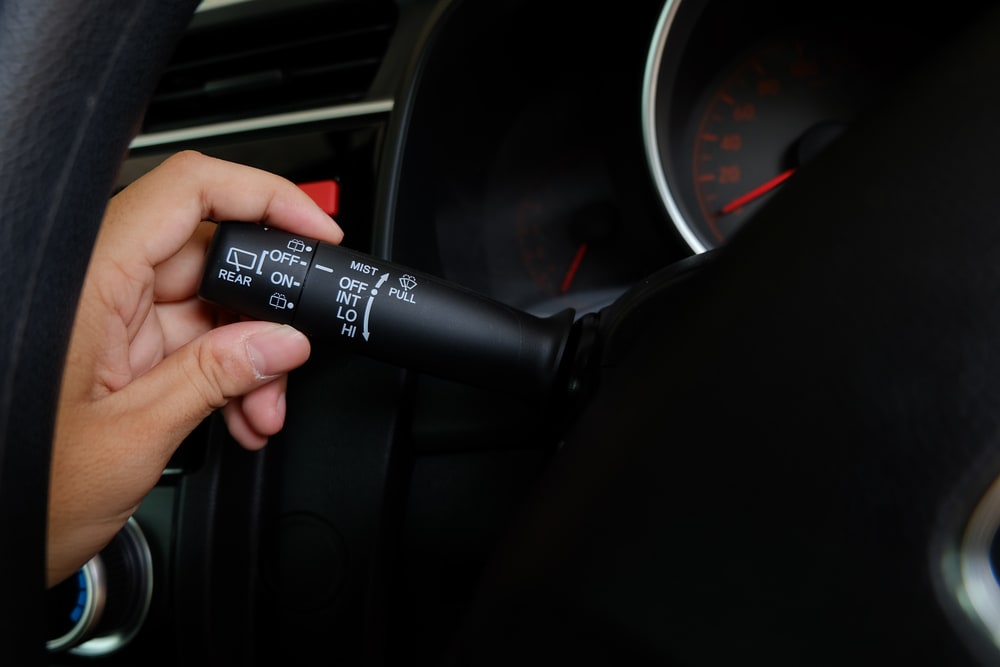

The hazard and turn signal lights found on the vast majority of road going vehicles are controlled by a flasher, which is commonly referred to as a relay. The flasher is an electrical component that serves as the switch that allows the lights to flash on and off. They come in a variety of shapes, sizes, and designs, which will vary according to the specific needs of the vehicle.
When current is applied to the relay the circuit inside cuts on and off, which results in the clicking sound of the relay, as well as the flashing of the turn signal or hazard lights. While they are a very simple component in both design and operation, flashers play an important role in the overall driveability of a vehicle, and can compromise safety when they fail. Usually a bad or failing flasher relay will produce a few symptoms that can alert the driver of a potential issue.
1. Turn signals or hazards do not function
The most common symptom of a bad or failing turn signal / hazard flasher is hazards or turn signal lights that do not function. If the flasher breaks or has any internal issues it can cause the lights to malfunction, or not respond at all when the turn signal lever or hazard light button are pressed. While this will not necessarily cause engine performance issues, it will leave the vehicle without functioning hazard lights, and more importantly turn signals, which can be a compromise in safety.
2. Turn signals or hazards stay on
Another symptom of a faulty flasher relay is hazards or turn signal lights that stay on. If the flasher has any sort of internal short it may cause the hazards or signals to stay on when they are activated, instead of flashing. While they may still light up, the lights will not be able to serve their intended purpose of signaling a turn or emergency situation. These same symptoms can also be caused by electrical issues, so having the vehicle properly diagnosed is highly recommended.
3. Additional lights are not working
In some instances you may also find that certain other lights, such as headlights, running lights, and even brake lights may malfunction along with your hazards. Certain vehicles will wire other lights through or with the flasher, and as a result will also have an issue if the flasher fails.
While issues with the turn signal hazard relay will not normally affect the driveability of the vehicle, they can cause problems that can compromise vehicle visibility and safety. While flasher relays are not complicated components, they can sometimes be difficult to diagnose due to the highly complicated nature of electrical systems. If you suspect that your vehicle’s turn signal hazard flasher may be having an issue, have the vehicle diagnosed by a professional technician, such as one from YourMechanic, to determine if the relay should be replaced.



